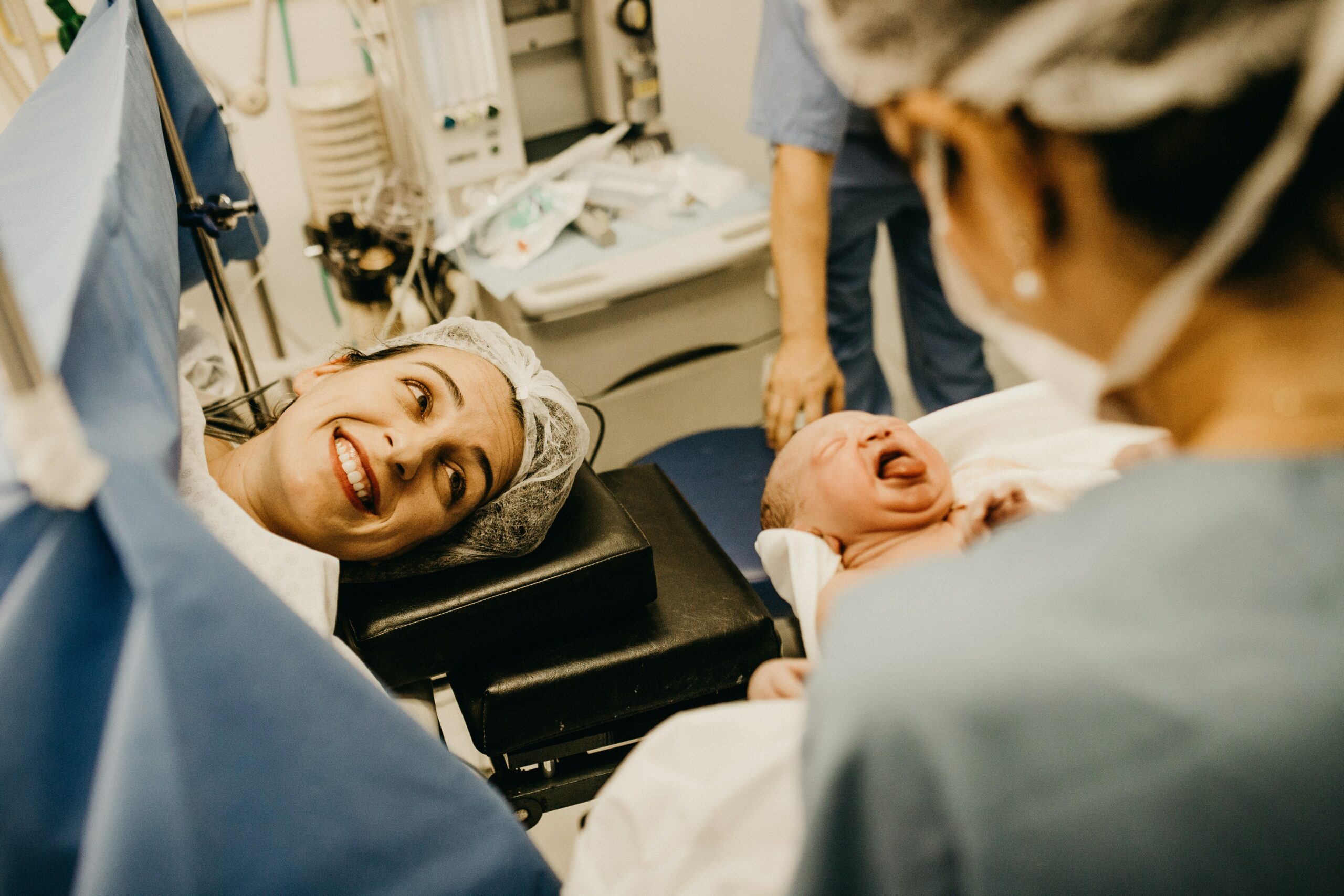Regardless of whether you planned your pregnancy or it took you by surprise, once you start getting ready to welcome your baby, you want to cover all the bases — reading about what to expect during each trimester, making arrangements for parental leave, and picking out a baby name. Yet, among all these important factors is the most essential one — how to ensure you have a healthy baby. As such, you may be wondering, is there a way to avoid birth defects during pregnancy?
What are birth defects?
Birth defects are problems that occur with the baby’s development during pregnancy. They can range from relatively minor to severe, and they can affect different aspects of the child — organ function, physical appearance, and/or cognitive development. Most defects occur during the first trimester of pregnancy.
Causes of Birth Defects
The exact causes of some birth defects are unknown. However, there are certain factors that can result in a fetus not developing properly. Some of these include:
- Consuming alcohol while pregnant
- Smoking while pregnant
- Using illegal drugs
- Certain medications
- Genetic abnormalities
- Inadequate prenatal care
- Older maternal age
- Sexually transmitted diseases
- Uncontrolled diabetes
- Obesity of the mother
Many types of defects can be diagnosed during pregnancy via prenatal ultrasounds. If your doctor believes there may be an issue with your baby’s development, they’ll order additional screening, such as blood tests or taking a sample of the amniotic fluid.
Steps You Can Take to Prevent Birth Defects
Not every birth defect can be prevented — especially those due to genetic abnormalities. That said, there are steps you can take during pregnancy to reduce the risk.
Get adequate prenatal care.
As soon as you find out you’re pregnant, schedule an appointment with your OB-GYN. Your first prenatal visit should be around eight weeks after your missed period. Do be aware that approximately 80% of miscarriages occur during the first three months of pregnancy, so even if you’re very excited, wait some time to share the news.
Do not drink, smoke, or use illegal drugs.
Drinking alcohol, smoking, and illegal drugs can cause fetal alcohol syndrome, brain damage, premature birth, stillbirth, low birth weight, cleft lip, neonatal abstinence syndrome, or sudden infant death syndrome.
Maintain a healthy weight.
It’s common for people to think that when a woman is pregnant, she has to eat for two. While this is true, it does not mean you get to double your food intake. In fact, gaining too much weight can result in complications throughout the pregnancy, such as high blood pressure, gestational diabetes, and increasing the likelihood of your child developing diabetes throughout childhood.
Get existing health issues under control.
If you have a chronic health condition — such as diabetes, HIV, high blood pressure, or epilepsy — work with your doctor to manage them during pregnancy. Failing to do so will increase the risk of miscarriage, premature birth, birth defects, or stillbirth.
Eat healthy.
This is a good moment for you to read on which foods contain which nutrients. For example, folate is essential for the development of red blood cells and to prevent birth defects. Foods that are high in folate include dark leafy greens, avocado, and Brussel sprouts, among others. By the same token, foods that are high in Omega-3 fats help with the development of your baby’s brain and central nervous system. Some of these include salmon, walnuts, flax seeds, and mackerel.
Stay hydrated.
During pregnancy, your baby receives its nutrients through the amniotic fluid. It’s also essential for the development of your baby’s lungs and digestive system. Staying hydrated ensures you have an adequate amount of amniotic fluid surrounding your baby. You can mix up water intake with eating fruits with high water content.
Exercise.
Exercising regularly during pregnancy will help keep your weight in a healthy range as well as prevent gestational diabetes. That being said, always talk with your doctor before starting an exercise routine. Even if you lead an active lifestyle, pregnancy requires certain modifications to keep your baby safe.
Contact Us at OB-GYN Women’s Center
At OB-GYN, we aim to establish trusting relationships with our patients. If you have any questions about your pregnancy, don’t be afraid to ask. We are here to help you.
Contact us to schedule an appointment. We’ll answer all of your questions and strive to procure the best treatment for your sexual health.




